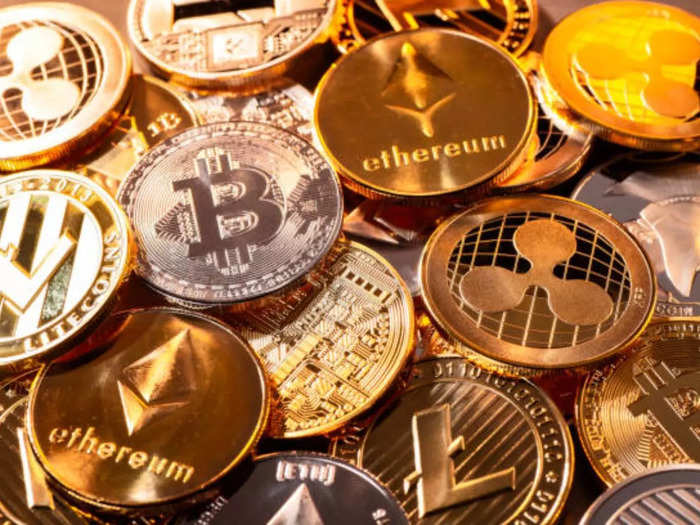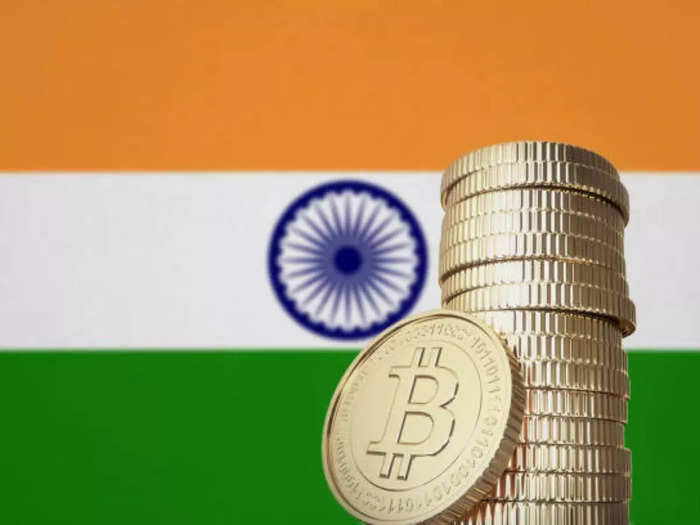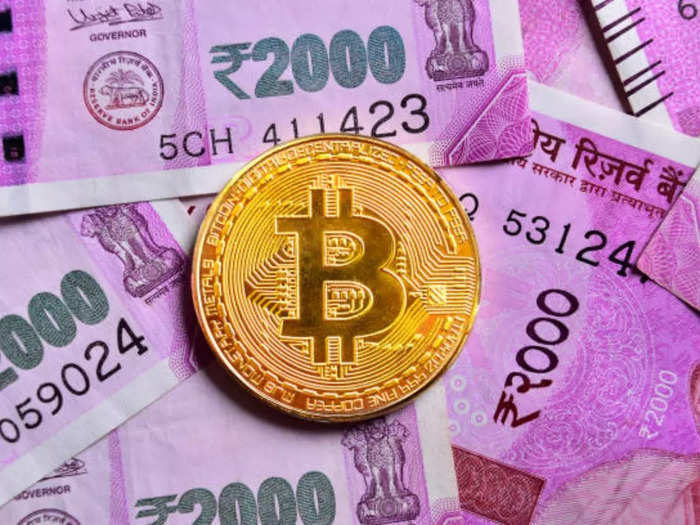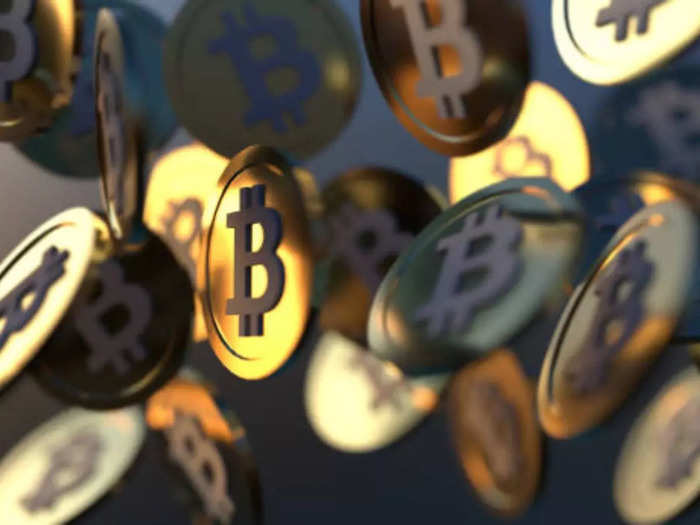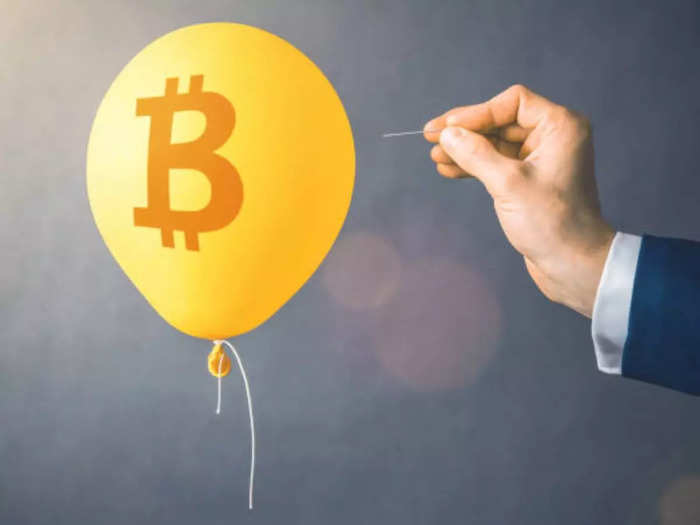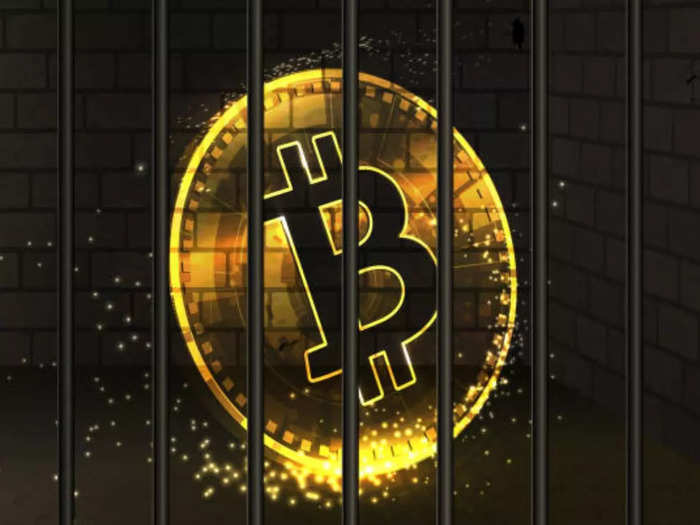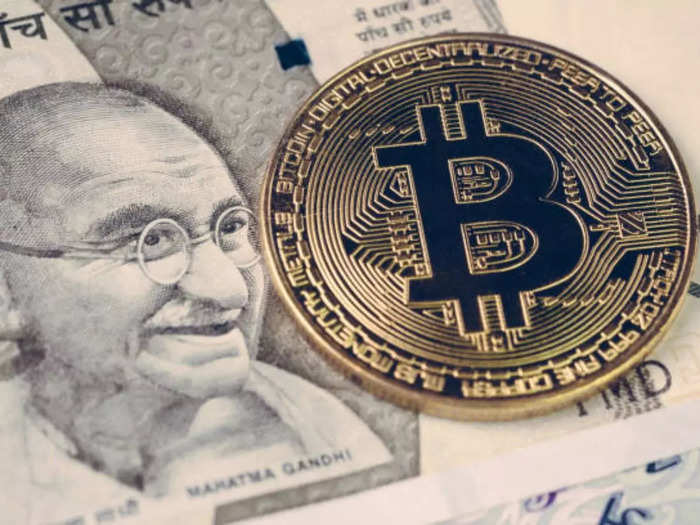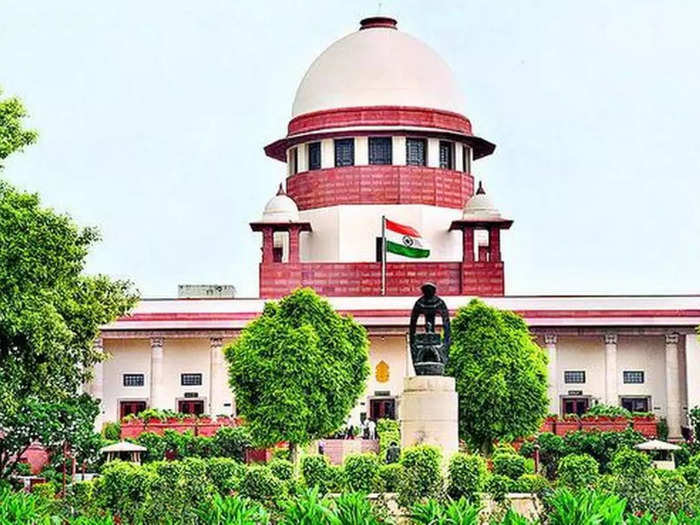Pixabay
- The Indian government is likely to introduce its crypto bill during the Winter Session of Parliament, which kicks off on November 29.
- This will be the second time this year that the government has listed the crypto bill as an agenda item.
- The bill is also expected to take a softer stance on cryptocurrencies as compared to the 2019 draft, which banned all manner of crypto activity — including trading, mining or even holding cryptocurrency.
The Indian Parliament — specifically, the lower house called the Lok Sabha — is set to discuss the country’s
cryptocurrency regulation in the week beginning November 29. The lack of change in how the item was listed on the agenda led to some
panic selling. Indian crypto exchange,
WazirX, even crashed for a bit with investors unable to withdraw or deposit cryptocurrencies.
“The bill also seeks to prohibit all private cryptocurrencies in India, however, it allows for certain exceptions to promote the underlying technology of cryptocurrency and its uses,” said the agenda description for the crypto bill discussion.
At the center of all the fear, uncertainty and doubt (FUD) are two factors. Firstly, what does the government mean when it uses the word ‘prohibit’ — does it indicate an outright ban or merely terms and conditions on which cryptocurrencies will be allowed? Secondly,
what are ‘private’ cryptocurrencies?This has amplified existing fears within the
crypto community about whether lawmakers would be biased against an
inherently risky industry, and whether the ruling party would pass the law without taking comments from stakeholders into consideration.
“This phrase causes a lot of confusion because the developers and investors in the world of crypto know that blockchain are meant to be open, public ledgers and there is no such thing as a private crypto. Some people assume the government might be referring to privacy-focused coins but the government’s interpretation is very broad,” Nitin Sharma, partner at Anter India and the global blockchain lead for Anter Global, told Business Insider,
As with any new industry, innovation occurs before regulation can catch up. This was true for industrialisation, the digital age and now web3. The only difference is that when it comes to the world of blockchain, developments are occurring faster than ever before — a growing pain for regulators, stakeholders and investors alike. “
A ban is certainly possible but enforcement of that could prove to be troublesome. It will give rise to a lot of illegal activity over the dark web etc. Hence, it will be prudent for the government to regulate it rather than completely ban it,” explained lawyer Siddharth Mahajan, a partner at Athena Legal.India’s tussle with trying to regulate crypto goes back at least five years when the Reserve Bank of India (RBI) first took notice of cryptocurrencies in 2013. But, as we all know, these digital assets have been around for over a decade.
Most experts argue that regulation that officially makes crypto legal would be welcome, since it would legitimise the industry. “There are 20 to 30 cryptos with an understandable use case for their crypto offering; however, there are more than 10,000 cryptocurrencies. A well-drafted and clearly laid out regulation on cryptos will make it easier for crypto innovators to devise currencies with proper use cases and give security to investors that want to invest in them,” Anirudh A. Damani, a managing partner at Artha Venture Fund, told Business Insider.
Here’s a quick look at how the evolution of cryptocurrencies has played out in India in that time:
2008 - 2012: The origins of cryptocurrency
Pixabay
One could call this time period the ‘before times’. India had no rules governing cryptocurrency, nor did any other country, simply because crypto was not an economic force. It existed and drew the attention of developers in the wake of the Global Financial Crisis of 2008, but they were still exploring the then-esoteric technology and its use cases.
2013: Cryptocurrencies start making headlines
Pixabay
Soon enough, Bitcoin began trading on multiple cryptocurrency exchanges. Its value skyrocketed from between $5 to $100 to over $1000 — this was the first crypto boom. However, cryptocurrencies — especially Bitcoin — also got a reputation for being used for illicit activities.
Sellers on the darknet-based ‘Silk Road’ sold banned substances in exchange for Bitcoin and were eventually arrested by the US’ Federal Bureau of Investigation (FBI). Moreover, malware would infect computers and ask for Bitcoin payments in exchange.
At the time, India’s Reserve Bank (RBI) said it hadn't issued regulation as it was trying to ‘understand the subject’ and cautioned people about Bitcoin in December.
2013 - 2015: Cryptocurrencies come to India
Pixabay
Indian crypto exchanges came online, including Unocoin, CoinSecure and ZebPay. There was a time when the outlets of Café Coffee Day were giving out Unocoin scratch cards, encouraging people to sign up and claim a fraction of Bitcoin for free.
2015: India’s crypto boom
Pixabay
Many more Indian crypto exchanges came online, playing a central role in introducing Indians to the wider world of Bitcoin and altcoins. They were still limited to buying and selling currencies while global exchanges began to add financial services such as leverage, for margin trading. The stablecoin Tether (USDT) and Ethereum (ETH) grew in usage too, setting the stage for Indians to benefit next year.
2017: Part I - The rise
Pixabay
This golden year raised Bitcoin’s value by 20x – from under $1000 in January, to $19,497 in December. For retail Indian investors used to far lower rates of return, Bitcoin whetted their appetite for other forms of crypto as well. But, remember the lack of regulations thus far? That enabled usage of all money in the bank account, taking loans, and then maxing out credit card limits, to gain every last bit of profit from rising crypto. A dip in crypto value would mean not just a loss but large debts.
2017: Part II - The fall
Pixabay
The RBI issued a press release in February, saying the value of ‘virtual currencies’ was driven by speculation. In October and November, two Public Interest Litigation (PIL) cases were filed in the Supreme Court, asking for a ban and regulation of cryptocurrencies in India. In December, a finance ministry statement likened virtual currencies to Ponzi schemes.
2018: The inevitable bear market and India’s crypto ban
Pixabay
Cryptocurrency values, including Bitcoin fell by 50% or more, compared to their peak seen in 2017. In April, the RBI cut off the oxygen supply with a circular that effectively removed all formal banking systems support for any ‘virtual currency’ activity. Thus faced with being wipe out, Indian crypto exchanges filed a petition in the Supreme Court in May.
2019: The year of crypto FUD in India
Pixabay
After looking into the issues of virtual currencies, a government inter-ministerial panel that was formed in 2017 submitted its report in July, recommending a ban on all "private cryptocurrencies". This was taken to mean that the government would still be open to a ‘digital rupee’, which would be a central bank digital currency (CBDC) of the type being explored by 87 nations.
2020: Indian Supreme Court calls crypto ban ‘unconstitutional’
BCCL
The crypto sector got some relief, in a pandemic-hit year. In March, the Supreme Court said the RBI’s circular of 2018 was unconstitutional, thus allowing cryptocurrency trade to be supported by the financial system. Reasons cited include “cryptocurrencies are unregulated but not illegal in India”, and that the RBI was against virtual currencies “without any rational basis.” Speculation of new measures to ban crypto persisted, so most banks still had reservations on allowing NEFT,debit, and credit card transfers of money to exchanges. However, those who could send money through UPI or international accounts, hit the jackpot when crypto values rose in a year when people were stuck at home.
2021: To ban or to regulate — Crypto FUD in India 2.0
Pixabay
The year began well enough, with cryptocurrency values rising to dizzying heights. Speculations of a ban were quashed in May, when an RBI circular specifically said its own circular of 2018 was invalid as per the Supreme Court judgement of 2020, thus permitting banking services to the crypto industry. That was followed by major global crypto exchanges opening services to Indians. In July, the RBI’s Deputy Governor stated that he felt cryptocurrencies not controlled by a central authority have no “intrinsic value.” Looking ahead, the government expects to formally tax crypto gains in the Budget bill. The fear however, is because in November, a Parliamentary Committee met with crypto exchanges in consultation for a new crypto law, which is on Parliament’s agenda for next week.
SEE ALSO:
Here is how Crypto is regulated across the world
India yet to explain what it means by ‘private’ cryptocurrency — Privacy coins, centralised cryptocurrencies, or being currencies?

